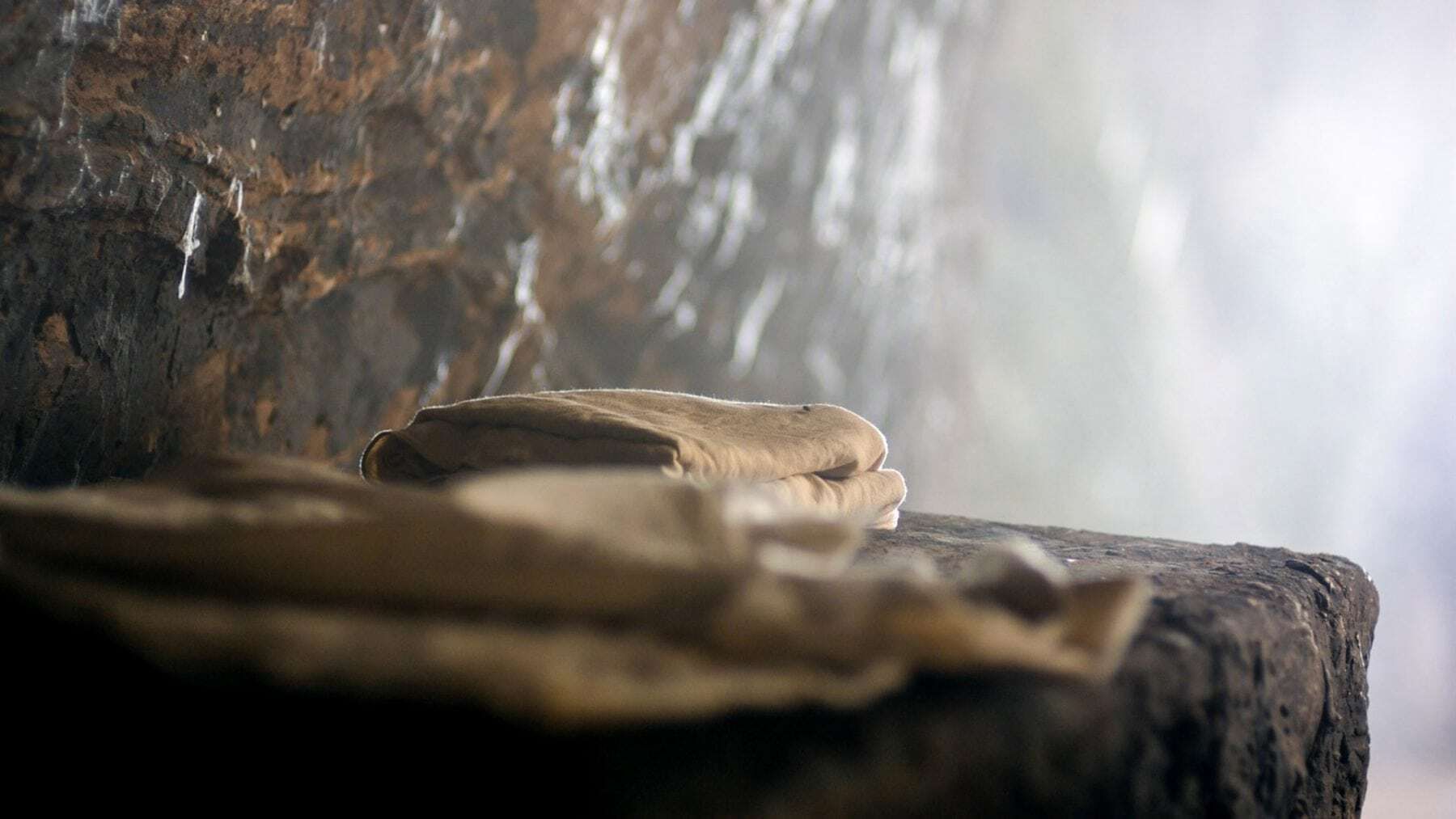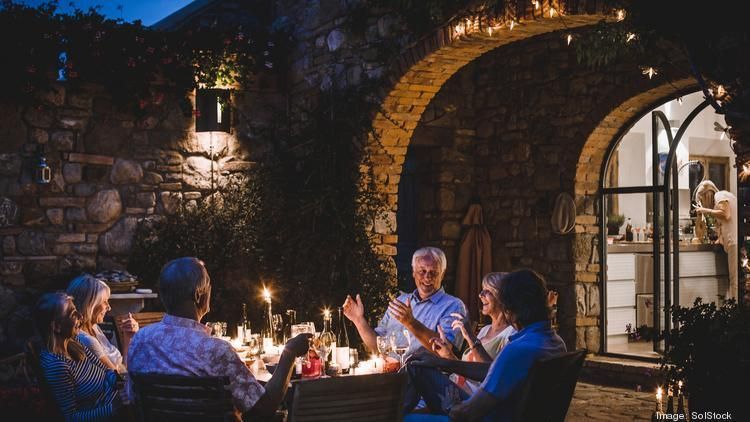
If a picture is worth a thousand words, then what do you think a good question is worth? Put at the right time, a good question can open up a whole world you would never have accessed if you hadn’t asked. It happens all the time in counseling. It should also happen when self-reflecting.
Questions can, and maybe should, lead to other questions as curiosity is piqued. That, in turn, can lead to more discoveries. Yes, there are hazards, like rabbit trails, that can take you far afield. Or a deeply held belief might get thrown into a time of doubt. But it’s worth the risk as we pursue fuller answers, deeper convictions, and a more integrated life. Questions are essential for learning as they challenge us and cause us to grow.
It's not surprising, then, to find out that Jesus is full of questions. Even from a young age. When his parents finally found Jesus after he had gone missing, Joseph and Mary found their son in the temple both listening to the teachers and asking them questions (Luke 2:45-47). When looking at the entirety of Jesus’ earthly life and ministry, asking questions turn out to be one of his primary teaching tools. We might take note.
I have a mantra I often repeat in counseling: resist making statements; instead, ask questions. I also have an equation I encourage clients to employ regularly: curiosity = care. When we ask good questions, we’re not primarily acquiring information but better, clearer understanding. Either of others or ourselves.
Some time ago I came across a list of ten questions created by Donald Whitney. Don is the founder of The Center for Biblical Spirituality and is probably best known for his book, Spiritual Disciplines for the Christian Life . I’ve sat with these ten questions for days now, slowly putting together the answers I’m committing to. I share these questions with you in the hope that maybe one or two of them, or the entire lot of them, may provoke you to more health, growth, and fruitfulness throughout this coming year.
1. What’s one thing you could do this year to increase your enjoyment of God?
2. What’s the most humanly impossible thing you will ask God to do this year?
3. What’s the single most important thing you could do to improve the quality of your family life this year?
4. In which spiritual discipline do you most want to make progress this year, and what will you do about it?
5. What is the single biggest time-waster in your life, and what will you do about it this year?
6. What is the most helpful new way you could strengthen your church?
7. For whose salvation will you pray most fervently this year?
8. What’s the most important way you will, by God’s grace, try to make this year different from last year?
9. What one thing could you do to improve your prayer life this year?
10. What single thing that you plan to do this year will matter most in ten years? In eternity?
Because Jesus asks us, If you sinful people know how to give good gifts to your children, how much more will your heavenly Father give good gifts to those who ask him! (Mt. 7:11)










